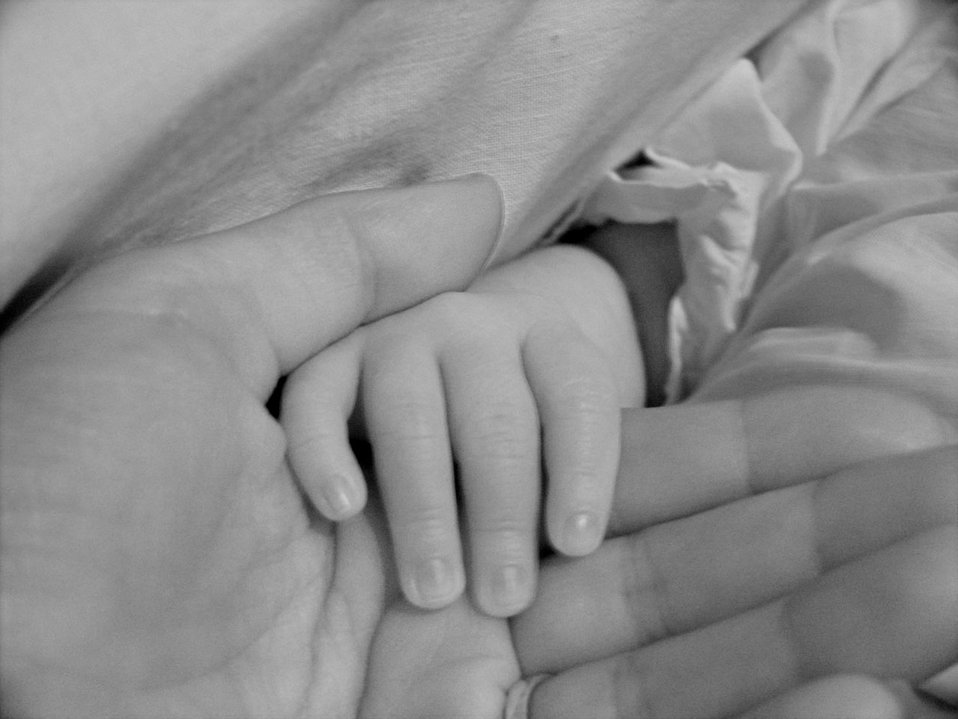
The decision to have children and start a family may be a natural progression for many couples, but it’s not something that should be entered into lightly. After all, raising a child requires a major change in lifestyle, with a commitment to looking after that child’s physical, emotional and financial well-being. It takes an enormous amount of responsibility.
However, for some people, even before the challenge of raising a child begins, there are major hurdles to overcome for even conceiving and safely giving birth to a child. Some women, as one example, may have developed uterine cancer that requires the surgical removal of the uterus, meaning they no longer have the reproductive organs required to carry a child. Other families may decide to have a child again, much later in life, but with an older woman attempting pregnancy endangers both herself and a baby with a pregnancy at such an advanced age.
Then there are people who have genetic disorders or diseases. While they may be able to become pregnant successfully, there’s a completely different challenge at work here; terrible risk to the baby.
It Passes On
The biggest challenge with attempting pregnancy while infected with a disease is that a pregnant mother shares everything with a developing child. Whatever is in her bloodstream, her cells, or even in her DNA, can potentially be shared with a developing embryo. The symbiotic relationship they share through the uterus and eventually the umbilical cord means that if a mother, for example, abuses drugs or alcohol, those substances in her bloodstream can eventually make their way into the system of a growing baby. It’s the reason why alcoholic mothers can damage the development of a baby, or why mothers addicted to drugs give birth to infants that already have a “built-in” biological addiction to the same drug the mother is on.
When it comes to diseases, the same unfortunate consequence plays out. A mother with a family history of cystic fibrosis or Down’s Syndrome has a chance of passing those disorders onto the next generation since these are inherited traits. However, even with diseases that come from the outside, such as AIDS, hepatitis, or syphilis, these can also be passed on to a developing infant.
This doesn’t mean that people with diseases have no options and must remain childless. Adoption, of course, is always one solution, but there is another, surrogacy, that gives even a woman with a disease like AIDS or syphilis, a chance to have a child that shares her own genetic characteristics.
The Transmission Of Disease
Down’s Syndrome and cystic fibrosis are genetic disorders. This means that there is always a chance they may be passed down to a child if a family has a history of these disorders. Any egg or sperm from a family with these disorders can potentially “trigger” these disorders through a genetic roll of the dice as an egg is fertilized. However, AIDS, hepatitis, and syphilis are not diseases people are born with; they are contracted from the outside.
This means that they are acquired only through a specific mechanism of transmission, such as bodily fluids. People inject themselves with drugs by way of needles already used by someone with AIDS, for example, can contract AIDS in this manner. People who have unprotected sex with someone that has syphilis may contract syphilis through the exchange of sexual fluids. But, unlike a genetic disorder, AIDS, hepatitis, and syphilis do not affect sperm or eggs. In other words, they are not “built-in” to the genes in the same way genetic disorders are.
Gestational Surrogacy
This is where a procedure known as gestational surrogacy can help with both genetic disorders and diseases. Gestational surrogacy is when healthy eggs are collected from a hopeful mother, and then, through in vitro fertilization in a lab, introduced to sperm so that they can unite and the egg is fertilized.
Once the successful fertilization of the egg is confirmed, it is now taken to a surrogate mother that has agreed to have the egg implanted in her uterus. The surrogate mother acts as the “cut out” in this procedure, circumventing the danger of a child being infected by disease from the mother by not having any diseases herself. In other words, where the hopeful mother puts a growing baby at risk by presenting a hazardous biological environment, a surrogate mother is “clean.” The implanted embryo can safely grow without any infected cells, blood, or other biological matter coming into contact and passing a disease on.
In this way, even if a hopeful family is diagnosed with a currently incurable disease, such as AIDS, hepatitis, or syphilis, this doesn’t mean that a family is forever out of reach. Anyone that is willing to commit to having a family through gestational surrogacy should look for an experienced surrogacy group, see what kinds of services they offer, and then reach out to them to start the journey towards a successful surrogacy.

